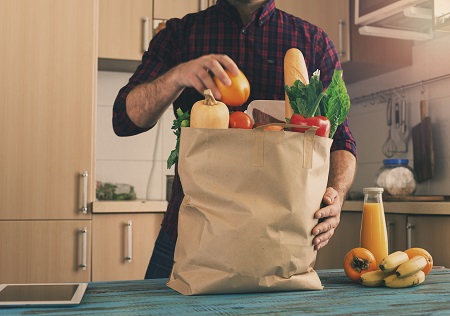Food Insecurity in MA Compounded by Supply-Chain Issues, Inflation

Lily Bohlke – Connonwealth News Service
Supply-chain issues, inflation and job loss during the pandemic have put many families’ food security at risk.
In Massachusetts, food insecurity remains about 30% higher than pre-pandemic levels, and recent census surveys show one in 10 households is considered food insecure, and the number jumps to one in nine for households with children.
Jonathan Tetrault, with the Greater Boston Food Bank, said prices for food have gone up dramatically in the last year.
“That has an impact on how much we’re able to purchase, how far our dollars go,” Tetrault explained. “But then it also highlights the importance of our service provision into communities because consumers are seeing similar price increases, which really puts pressure on a family’s food budget.”
According to the U.S. Department of Labor, food prices overall have increased 6.8% since November 2020. Prices for meat, poultry, fish and eggs have gone up more than 12% and 4% for fresh fruits and vegetables.
The government-led Supplemental Nutrition Assistance Program (SNAP), saw an increase of seven million users between 2019 and 2021.
Tetrault added the food bank has been seeing an increase in demand for their services as well.
“Children, trying to learn in school, they need to have a full stomach to be able to learn and engage in their studies,” Tetrault contended. “If you look at the elderly folks, need to have proper nutrition to take the medications that they are often on. And so we want to make sure that individuals and families are not having to make really tough choices and tradeoffs.”
Tetrault pointed out the Food Bank is always looking for donations to fill up their shelves, and to supply people with gift cards to local grocery stores, which he said are especially helpful for those with limited kitchen space to store food items. He noted they can also expand access to culturally appropriate foods, or help if a family member has a dietary restriction.
